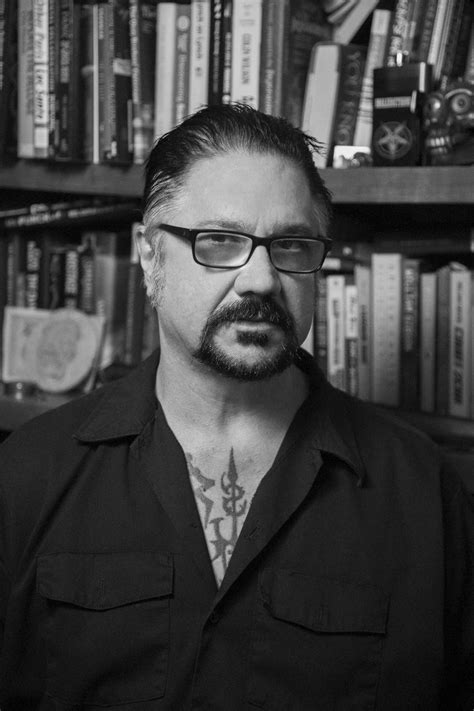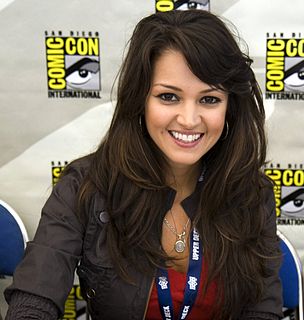A Quote by Patrick O'Brian
The first interviews I gave were entirely unpleasant. You have people trying to trip you up with impolite questions that have nothing to do with the books. It's simply vulgar curiosity, and I won't have it.
Related Quotes
By the time I got to college I had stopped reading books because I wanted to "be cool" and started reading books simply because I wanted to read them. I discovered heroes like Roth, King, Dahl, Shirley Jackson, Patricia Highsmith, TC Boyle, Douglas Adams, Neil Gaiman, David Sedaris. These people weren't trying to "rebel against the literary establishment." They were trying to write great, high-quality books that were as entertaining and moving as possible.
Children, be curious. Nothing is worse (I know it) than when curiosity stops. Nothing is more repressive than the repression of curiosity. Curiosity begets love. It weds us to the world. It's part of our perverse, madcap love for this impossible planet we inhabit. People die when curiosity goes. People have to find out, people have to know.
Curiosity is unknown. All adults were once kids and once curious, but as adults you don't remember that and you see curiosity when it's expressed in children as a pathway to household disaster. They're simply exploring their environment, manifesting their curiosity. So what you need to do is create an environment where curiosity is rewarded rather than punished, or thwarted.
I'd finished the first two [books] and they were going to to be published, and [editor] said, "We need you to write a summary that will drive people to these books." And it took forever. I couldn't think of a thing to say. I looked at the back of other children's books that were full of giddy praise and corny rhetorical questions, you know, "Will she have a better time at summer camp than she thinks?" "How will she escape from the troll's dungeon?" All these terrible, terrible summaries of books, and I just couldn't.
It would seem to me... an offense against nature, for us to come on the same scene endowed as we are with the curiosity, filled to overbrimming as we are with questions, and naturally talented as we are for the asking of clear questions, and then for us to do nothing about, or worse, to try to suppress the questions.
Curiosity is a key building block. The more curious you are, the more creativity you will unleash. A great way to do that is to ask the three "magic questions" again and again... those questions are simply, "Why", "What if?", and "Why not?". Asking these questions constantly focused you on the possibilities and away from how things are at the moment.
Her beauty satisfied [his] artistic eye, her peculiarities piqued his curiosity, her vivacity lightened his ennui, and her character interested him by the unconscious hints it gave of power, pride and passion. So entirely natural and unconventional was she that he soon found himself on a familiar footing, asking all manner of unusual questions, and receiving rather piquant replies.
This is where you first failed us. You gave us minds and told us not to think. You gave us curiosity and put a booby-trapped tree right in front of us. You gave us sex and told us not to do it. You played three-card monte with our souls from day one, and when we couldn't find the queen, you sent us to Hell to be tortured for eternity. That was your great plan for humanity? All you gave us here was daisies and fairy tales and you acted like that was enough. How were we supposed to resist evil when you didn't even tell us about it?







































